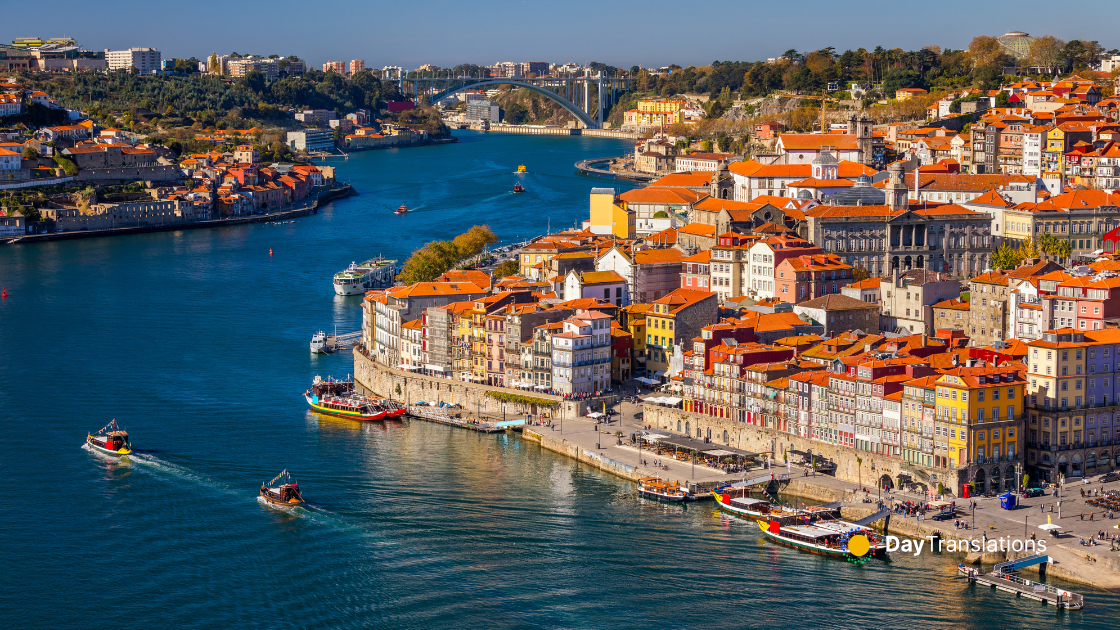Famous Polish People: Polish Artists, Scientists, Leaders, Musicians, Politicians and Athletes
In this Country Profile
Poland is home to outstanding individuals who made a difference with their remarkable achievements. Below you will find some brief stories of remarkable Polish people.
:: List of Famous People from Poland ::
Pope John Paul II
Karol Józef Wojtyla reigned as Supreme Pontiff of the Roman Catholic Church and Sovereign of Vatican City from 16 October 1978 until his death on 2 April 2005. His was the second-longest documented pontificate. John Paul II has been acclaimed as one of the most influential leaders of the 20th century.
Lech Walesa
Lech Walesa is a Polish politician, trade-union organizer, and human-rights activist. A charismatic leader, he co-founded Solidarity (Solidarnosc), the Soviet bloc’s first independent trade union, won the Nobel Peace Prize in 1983, and served as President of Poland between 1990 and 1995.
Ryszard Jerzy Kuklinski
Ryszard Kuklinski was a Polish colonel and Cold War spy. He passed top secret Warsaw Pact documents to the CIA between 1971 and 1981. Former United States National Security Advisor Zbigniew Brzezinski has described him as “the first Polish officer in NATO.”
Henryk Sienkiewicz
Henryk Sienkiewicz, also known as “Litwos”, was a Polish journalist and Nobel Prize-winning novelist. A Polish szlachcic (noble) of the Oszyk coat of arms, he was one of the most popular Polish writers at the turn of the 19th and 20th centuries, and received the Nobel Prize in Literature in 1905 for his “outstanding merits as an epic writer.”
Fryderyk Chopin
One of the great masters of Romantic music, Fryderyk (Frédéric) Chopin was a Polish composer, virtuoso pianist, and music teacher, of French–Polish parentage. All of Chopin’s works involve the piano. They are technically demanding but emphasize nuance and expressive depth. Chopin invented the musical form known as the instrumental ballade and made major innovations to the piano sonata, mazurka, waltz, nocturne, polonaise, étude, impromptu, and prélude.
Nicolaus Copernicus
Copernicus was a Renaissance astronomer and the first person to formulate a comprehensive heliocentric cosmology, which displaced the Earth from the center of the universe. Copernicus’ epochal book, De revolutionibus orbium coelestium (On the Revolutions of the Celestial Spheres), published just before his death in 1543, is often regarded as the starting point of modern astronomy and the defining epiphany that began the scientific revolution. His heliocentric model, with the Sun at the center of the universe, demonstrated that the observed motions of celestial objects can be explained without putting Earth at rest in the center of the universe. His work stimulated further scientific investigations, becoming a landmark in the history of science that is often referred to as the Copernican Revolution.
Marie Sklodowska Curie
Marie Curie was a Polish-born French physicist and chemist famous for her work on radioactivity. She was a pioneer in the field of radioactivity and the first person honored with two Nobel Prizes in physics and chemistry. She was also the first female professor at the University of Paris.
Irena Szewinska
Irena Szewinska was a Polish Jewish sprinter and one of the world’s foremost athletes for nearly two decades, in multiple events. Between 1964 and 1980, Irena participated in five Olympic Games, winning seven medals, three of them gold. She also broke six world records and is the only athlete (male or female) to have held a world record in the 100 m, 200 m and the 400 m events.
Roman Polanski
Polish-French film director Roman Polanski was raised and educated in Poland. Polanski’s first feature-length film, Knife in the Water (1962), made in Poland, was nominated for a United States Academy Award for Best Foreign Language Film. He has since received five more Oscar nominations, along with two Baftas, four Césars, a Golden Globe Award and the Palme d’Or of the Cannes Film Festival in France. In the United Kingdom he directed three films, beginning with Repulsion (1965). In 1968 he moved to the United States, and cemented his status by directing the Oscar winning horror film Rosemary’s Baby (1968).

Sorry, the comment form is closed at this time.